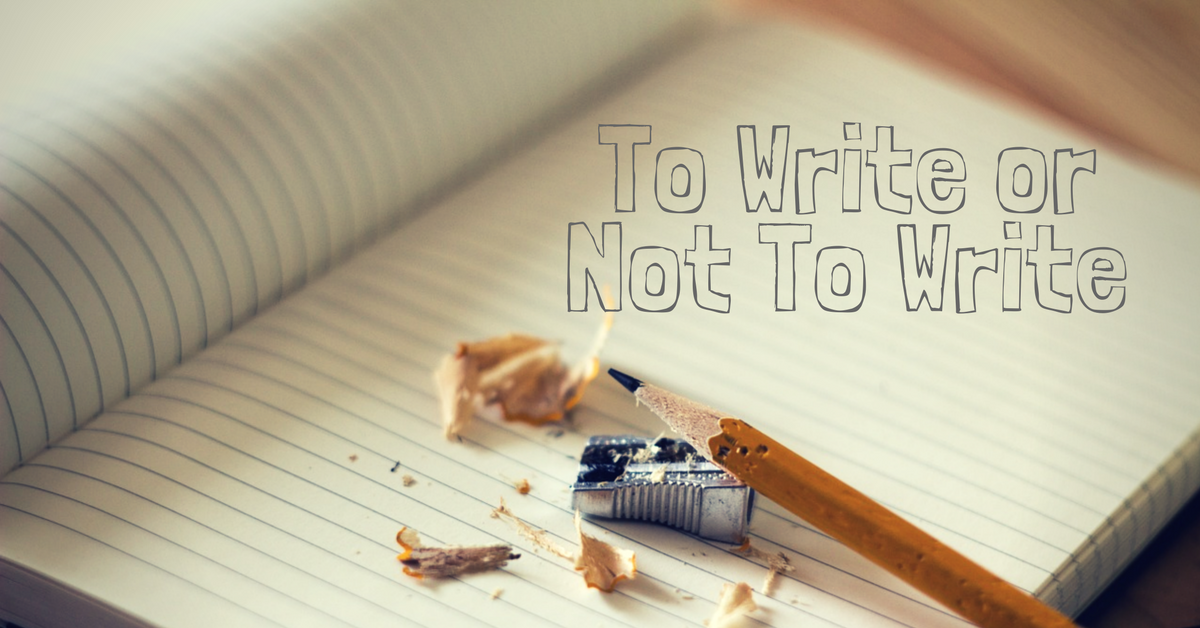I took a chance on a new author based on John Hartness’ Facebook recommendation. It was a novella, so I figured if I didn't like it, I could stop reading, secure in the knowledge that I hadn't missed anything (sometimes with a novel-length book I become convinced that goodness is lurking just beyond the next scene, even though that is often not the case, but the triumph of hope over experience is hard to extinguish). Of Lips and Tongues, by A. G. Carpenter, is a southern gothic horror story, and none of these descriptors would normally make it past the moat dragons guarding entry to my Kindle. But an endorsement from a favored author circumvents my normal skepticism any day, and I’m so glad. Of Lips and Tongues was mesmerizing—in much the same way as the protagonist’s original "magic of the tongue." Delaney’s magic is subtle and unique. This is a story about how sticks and stones may break our bones, but words can break our world. In Delaney's reality, evil can be conjured with malicious intent and unfortunate utterances. Here, a golem capable of great harm is created by "the sum of everything dark in the human spirit—envy, fear, guilt, spite—all stuck together with the bitter magic of unkind tongues." For Delaney, there is "magic in our words. Evil in our whispers." Words create reality in this plane. How terrifying.
As is often the case, this fantasy story reflects some deep truths. Words can definitely hurt. Words can create the embodiment of our guilt and shame and fear and precipitate all resulting bad behavior. One look at our current political arena is enough to convince anyone that ugly words and whispers have the power to distort the past, shape the present and manipulate the future.
The characters in A. G. Carpenter's novella (the first of a trilogy, happily) talk about how guilt can lead us toward rationalization and justification, especially when we use our words to hide our feelings. Guilt arises when we knowingly do wrong, and then we contort into all kinds of twisted shapes to salve our affronted conscience. It's the teacher we malign after she gives us a well-deserved "F." It's the ex-friend we belittle because she dumped us for talking smack behind her back. It's the colleague we mercilessly torment because he works harder than we do and we wouldn't want him to seem too good. Or the boss we gossip about, passing speculation off as ground truth to make ourselves feel important for disseminating salacious information.
There is magic in our words, evil in our whispers. Words have power. Ask "Crooked Hillary" or "Lying Ted." Ask Ryan Lochte how much his "misrepresentations" cost him. I can't imagine he doesn't believe in the power of the spoken word any more. Perhaps he'll be more judicious with his future utterings. And I'm sure The Donald will continue to wield his weapon of choice; after all, continuous repetition of untruths creates its own reality as the repeated words carve neural pathways in our brains until we can no longer distinguish between truth and fantasy. I read it in the newspaper or I saw it online, so it must be true. A candidate for president of the United States keeps saying it, and where there is smoke, there is fire.
Words hurt. Ask the victims who've been bullied. Ask the kid being teased on the playground whether name calling is a harmless pastime. Ask anyone who's ever been falsely accused of a crime; it's hard to come back from that, even if one's innocence has been proved beyond a reasonable doubt. Someone made an accusation, so there could be something to it. There must be something to it. There is something to it. It must be true. Such a slippery slope.
But A. G. Carpenter only tells half the story here (it's a novella, after all). As much as words can make evil, they can also do great good. They say a picture is worth a thousand words, but I would rather read those thousand words, and "see" the pictures they create in my imagination. And while I love photography, I prefer to read and re-read a book instead of looking repeatedly at a picture. Because the vision created by the words in my mind's eye is different every time I read a passage; I might add a slightly different tone to the color of the heroine's hair, or tweak the way I hear her voice in my head. Words have that power, and it is good.
I'm indebted to John Hartness for turning me on to A.G. Carpenter and her compelling words. She writes about the evil that we do with our lips and tongues, but where there is evil, there is the potential for goodness. And while Ms. Carpenter writes about the evil that we speak and the pain it can cause, her words on the page point to the beauty of words and the pleasure that they can bring.



















